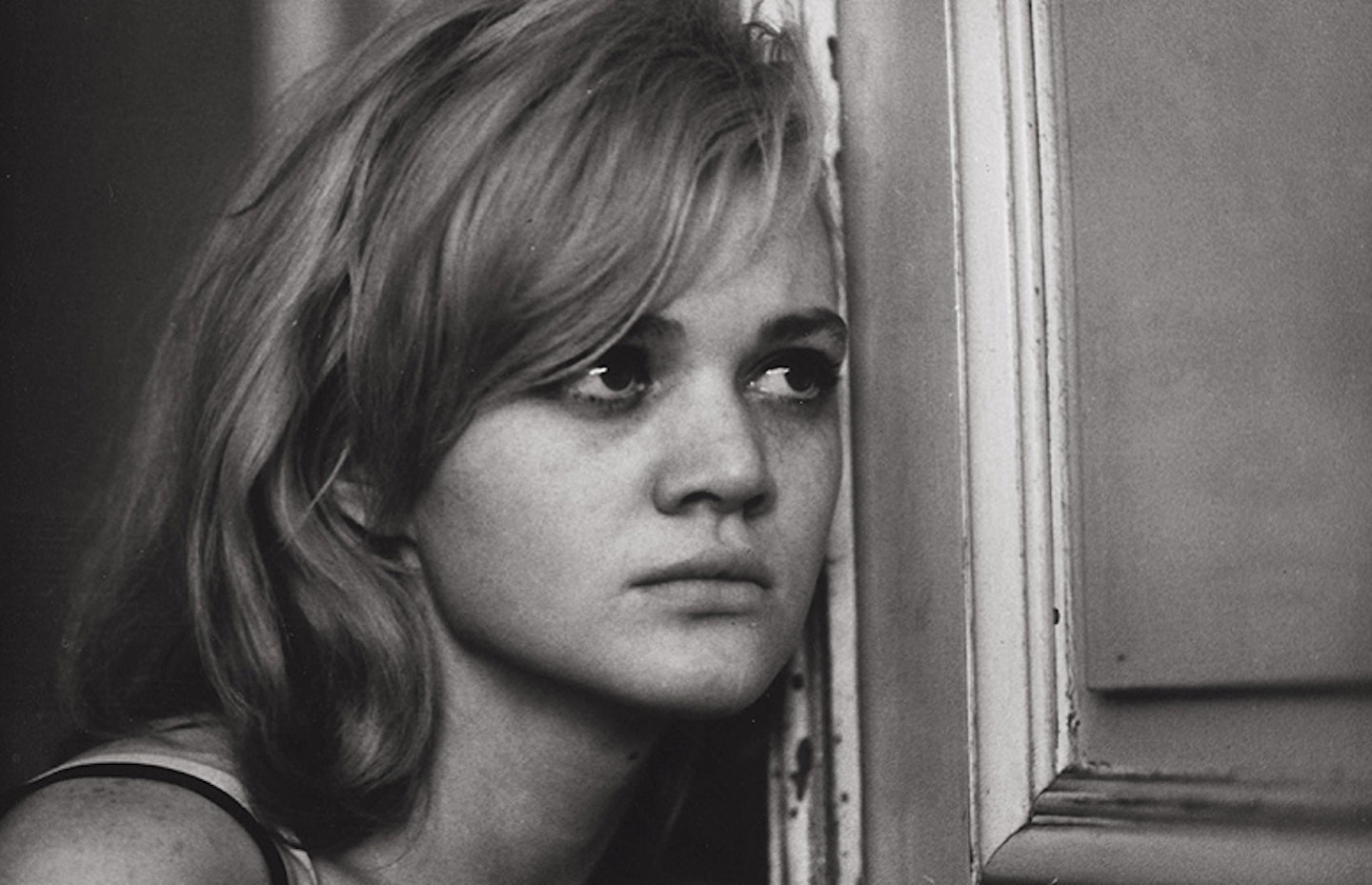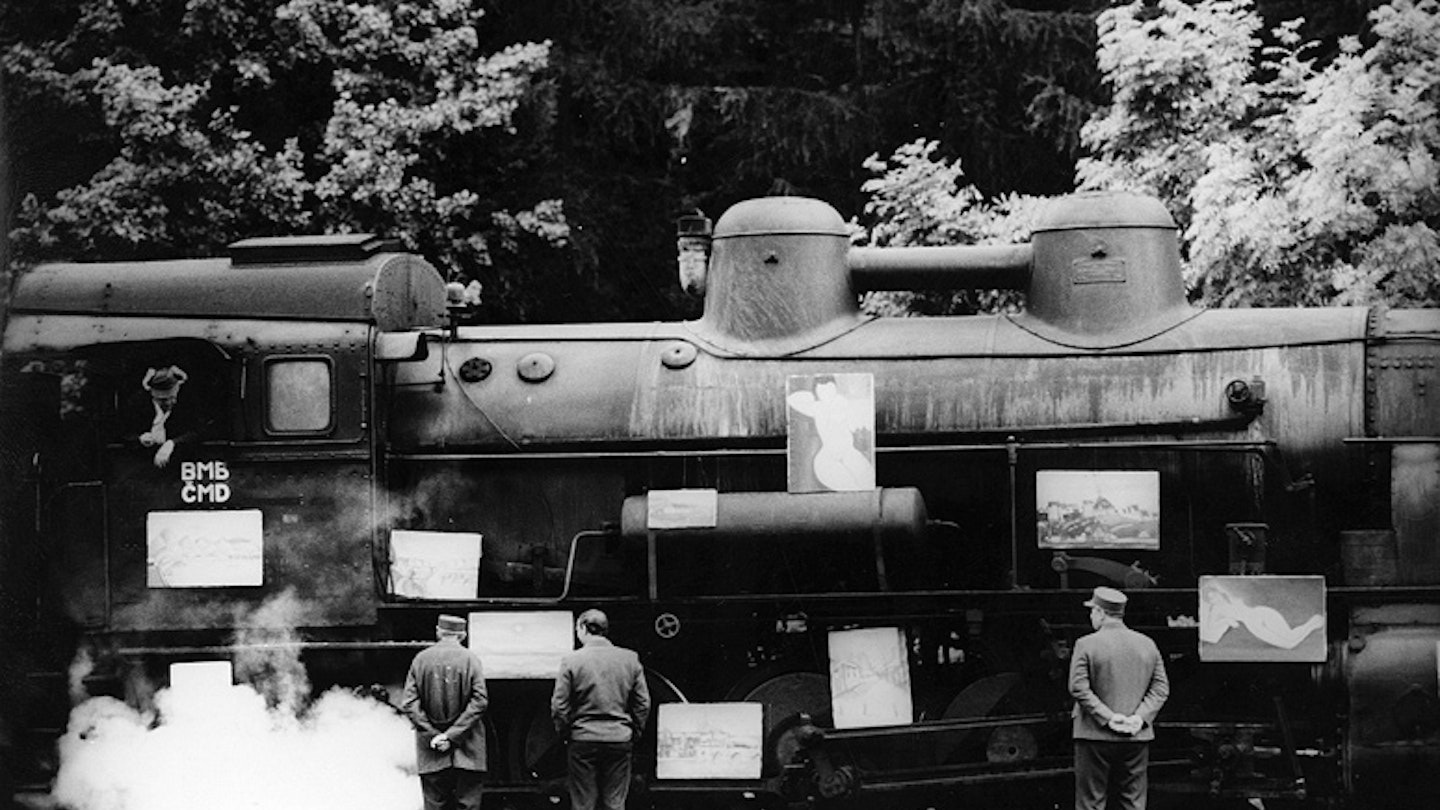Key filmmakers: Jaromil Jires, Jan Nemec, Milos Forman, Vera Chytilova, Ivan Passer, Jiri Menzel, Jan Kadar
Key dates: 1962-1968
What is it? Not so much a formal movement as a loose collective of filmmakers with a passion for taking the piss out of communists, the Czech New Wave put plenty of noses out of joint on the greyer side of the Iron Curtain. Its tart and often hilarious takes on the fumbling regimes of the time emerged from Prague’s famed FAMU film school, which turned out gifted directors galore. When one of them, Jiri Menzel (‘Jiri Dazeem’, if you’re John Travolta), claimed the Oscar for Best Foreign Film in 1967 with his comic masterpiece Closely Watched Trains, they were suddenly a force on the world stage too. Like many of his peers’ films, Menzel’s bildungsroman took its inspiration from Czech literature. He adapted novelist Bohumil Hrabal’s tale of a young railway worker in World War II into a wistful comic classic in the best tradition of great coming-of-age films, with unrequited love, sexy nurses and foiled Nazis galore.
Satirical in an equally sly way, Milos Forman and Ivan Passer’s The Fireman’s Ball was a communist roast so spiky, it was banned by the ruling regime forever. As the Prague Spring fomented resistance to Soviet occupation, Forman – who would head to Hollywood in 1971 and later win Oscars for One Flew Over The Cuckoo’s Nest and Amadeus – could be found at Barrandov Studios working alongside Passer, Menzel, Ivan Kadar and Vera Chytilova (the so-called “first lady of Czech cinema”) to define the country’s cinema. Then, of course, the Soviets put a stop to all that by banning their films. It being extremely hard to argue with a man in a tank, the movement petered out in the early 1970s.

What to watch: The Loves Of A Blonde (1965) (pictured above), The Shop On Main Street (1965), Closely Watched Trains (1967) (pictured top), The Fireman’s Ball (1967)
What did it influence? Ken Loach, among others. He picked Closely Observed Trains as the film he’d most want to share with future generations.
Trivia: Kirk Douglas sent Milos Forman a copy of Ken Kesey’s One Flew Over The Cuckoo’s Nest in 1966. It was confiscated by Czech customs. Forman finally made it a decade later.
What to say: “Communism was like living in fear that was boring.” (Milos Forman)
What not to say: “Fancy a signed copy of Das Kapital?”
